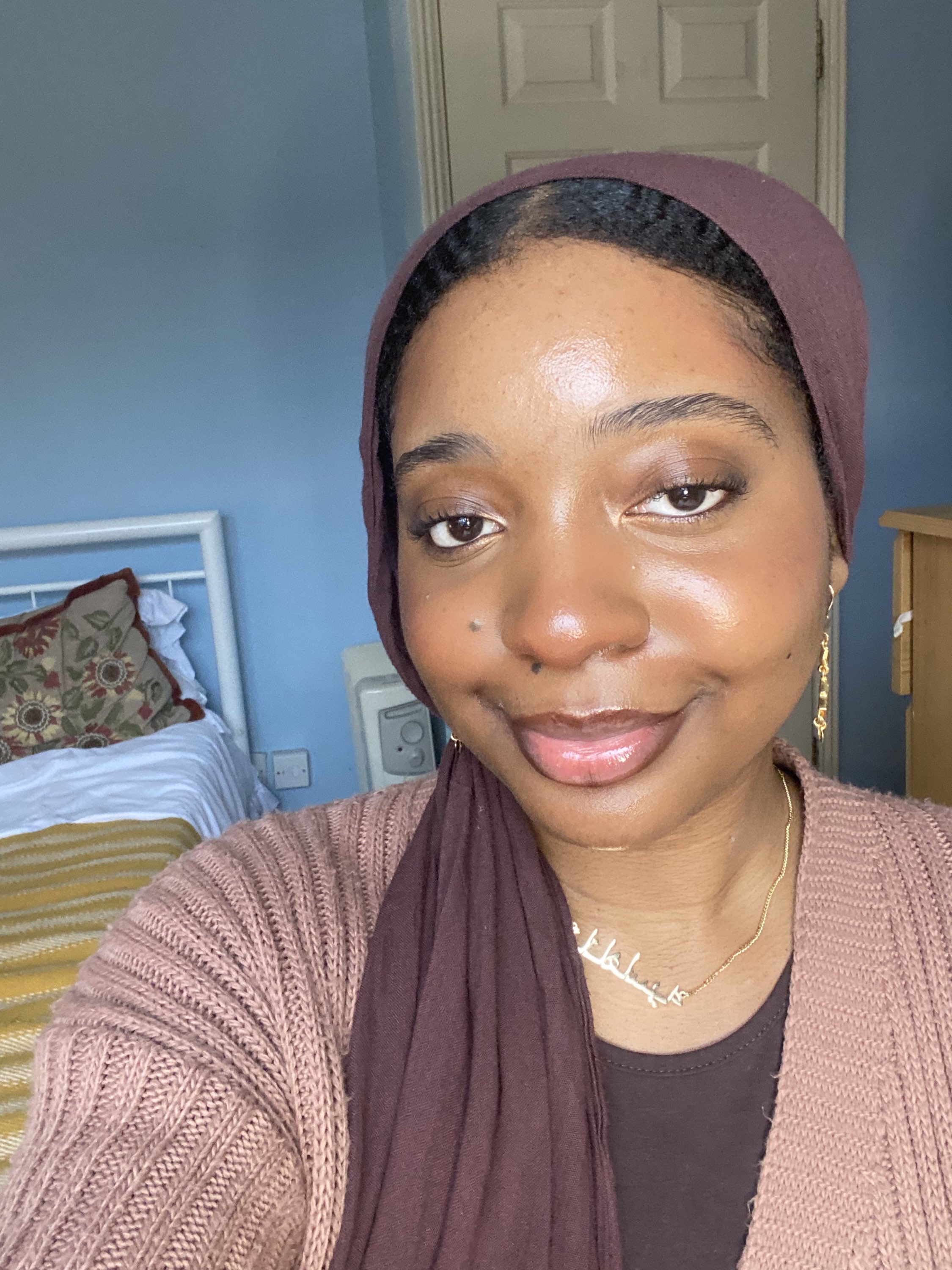The quiet place is also beautiful
- nanahasiaaasankoma
- Sep 30, 2025
- 3 min read
Updated: Oct 2, 2025

There was a time in my life where I wanted to be louder. More boisterous, more ‘in your face’. I’m an introvert. Which for me, means, I prefer my own company over the company of others. Despite what some may view as my suspicious love for solitude, I too have felt the pressure to express myself in the ways most people consider to be ‘normal’ or ‘warm’.
Not being the loudest in the room at a meeting, conference, or even at a family gathering once brought me layers of inner conflict. Maybe I should laugh a little louder, smile wider, and nod my head excessively. Perhaps, I should laugh at that unfunny joke or engage in banter that I do not have the emotional bandwidth for or frankly do not care about.
As a neurodivergent who has been called ‘weird’ on many occasions (I honestly take this as a compliment now), not coming across as aloof or uninterested used to mean a lot to me. I know what it’s like for people to receive you in very polarising ways. I’ve been called intimidating, scary, warm, shy etc. I don’t necessarily take on these projections, but I don’t entirely deny them either. I’m complex yet very self-aware. I know that most people cannot figure me out. Even when they think they have, there are always more layers. They morph, hide, appear to be familiar – yet distant. I don’t always have control over this, but it’s part of me that I’ve grown to embrace.
The funny thing about this, is that while people can project expectations, they can also sense insincerity. When I was at university, I unexpectedly became well known. I still don’t entirely know what this meant or to what capacity, but it was brought to my attention. This, for me, added an extra pressure of appearing bubbly and open to conversation all the time. One day, I bumped into a familiar face in the Student Union’s building. Instead of offering a mild yet genuine smile followed by my usual “hi”, I decided to smile so wide at this person I could feel my cheeks hurt. I expected her to appreciate my efforts to appear enthusiastic. To my surprise, she asked me why I smiled like a Cheshire cat. I could not help but laugh at her ability to sense there was something off about my reaction to her. She could obviously tell that I was not being my usual self.
See, even though that we may think people may expect us to behave in certain ways, based on past experiences and traumas, sometimes this may not be the case. Or at least, people know when we are not being ourselves. This begs the question, how much of our self-concept is based on what we think others want?
It reminds me of this quote by Cooley, “I am not what I think I am. I am not what you think I am. I am what I think, you think I am”. Essentially, our past traumas and life experiences may make us think, feel, and believe that people want us to be a certain way, but it’s not necessarily accurate. The combination of feeling, thinking, and believing almost solidifies a reality that does not exist. We then begin to contort ourselves and treat our entire being
like clay – folding and bending to our perceived sense of things.
This does not mean people will not have their own thoughts about us, but we ought not to let feelings of awkwardness or the fear of standing out distort our reality. Yes, I know the first time someone called you weird stung. Or when someone made fun of the way you expressed yourself you learned to hide so you could be easily digestible. But actively diminishing your light or putting on several masks so you can fit in is not sustainable.
Most importantly, when you deny yourself the experience of being yourself, you rob yourself. You rob yourself of the experience of life, of living life authentically and enjoying the joy, happiness, and sometimes chaos that comes with it.
All blog posts are originally created by Nana-Hasia Asankomah. All rights reserved.




Comments